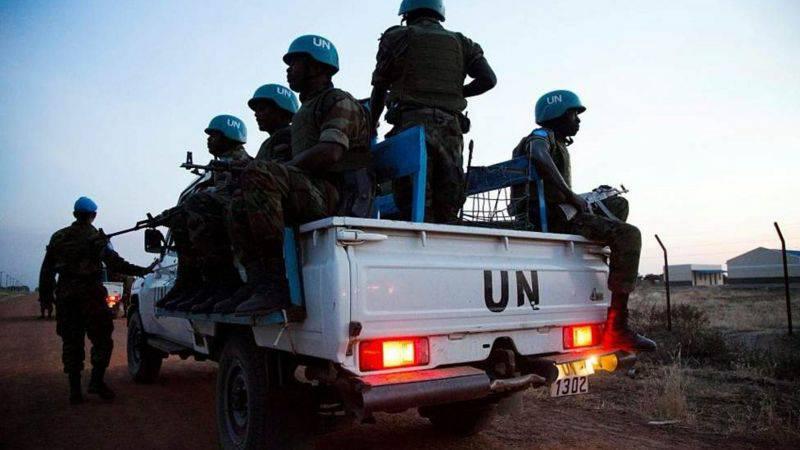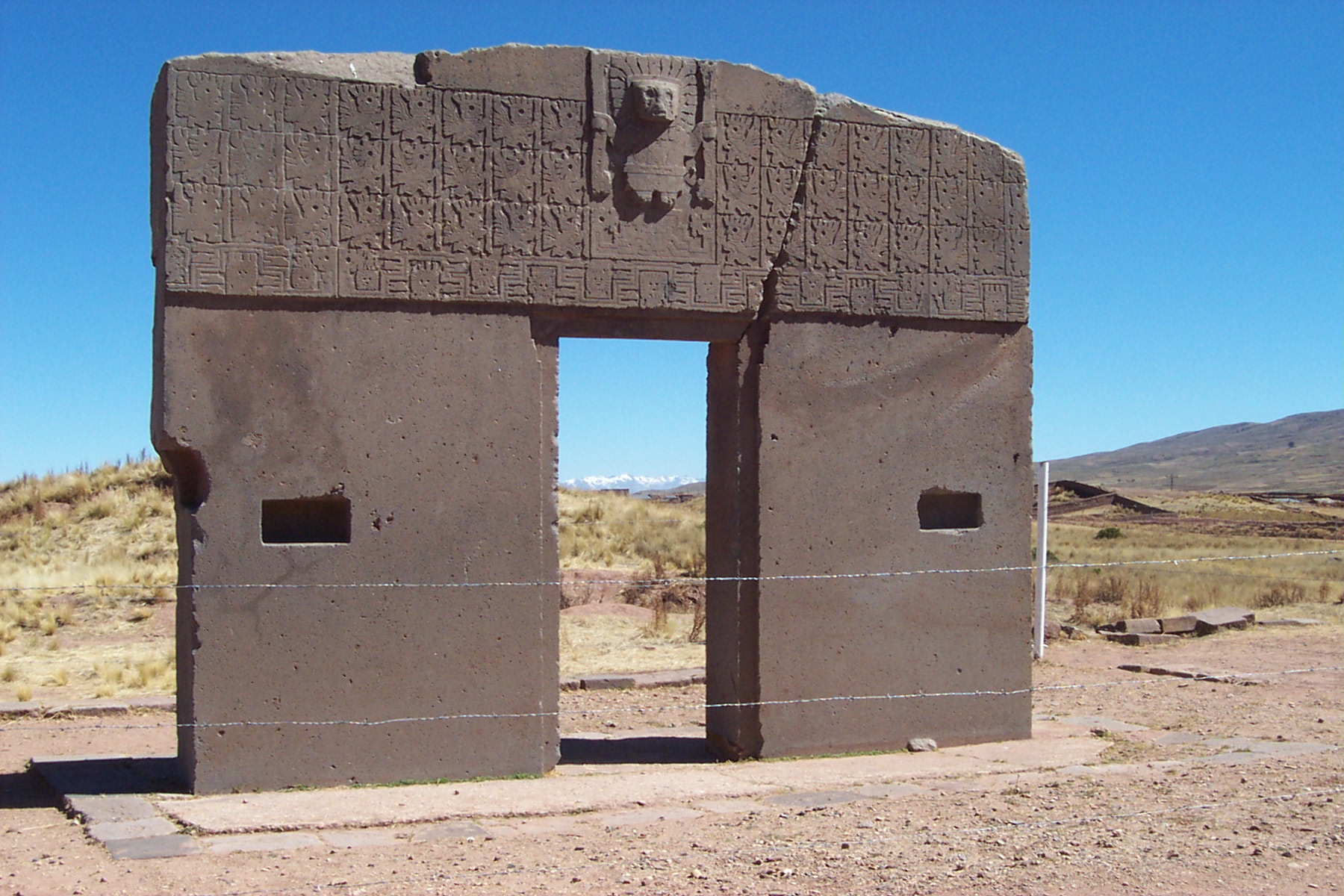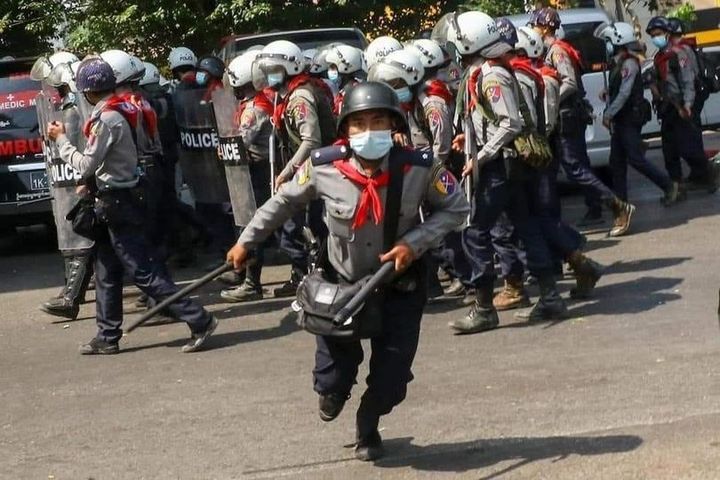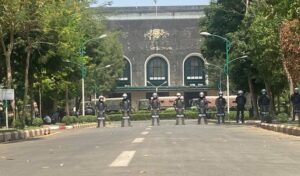JUBA, South Sudan – The South Sudan civil society forum has said that several internally displaced persons and refugees in neighboring countries are fearing to return to their homes because of delay in implementing the revitalized peace deal.
“Lack of plans by the government, looming insecurity and poor services continue to discourage IDPs and refugees from returning home,” said a statement issued by South Sudan Civil Society forum on Monday in Juba.
According to UN agencies, close to one million people are living in IDP camps in the country.
These people were displaced in the aftermath of violence that broke out in December 2013 and renewed violence in July 2016 that displaced thousands in Central, Eastern and Western Equatoria states respectively.
“A comprehensive national plan to facilitate and support repatriation, rehabilitation and resettlement of internally displaced persons and returnees in a voluntary and dignified manner has to be developed,” according to the forum.
It also expressed deep concern over slow implementation of the security arrangement that includes training and unification of the army.
South Sudan is supposed to complete training and unification of 83,000 estimated force to take charge of security during the transitional period before elections are held around 2023.
“The 2018 agreement provided for restoration of permanent and sustainable peace, security and stability in our country envisaged through training, graduation and deployment of national unified forces to take charge of security. Sadly, there is little progress to report on this front,” it said.
By Benjamin Takpiny





